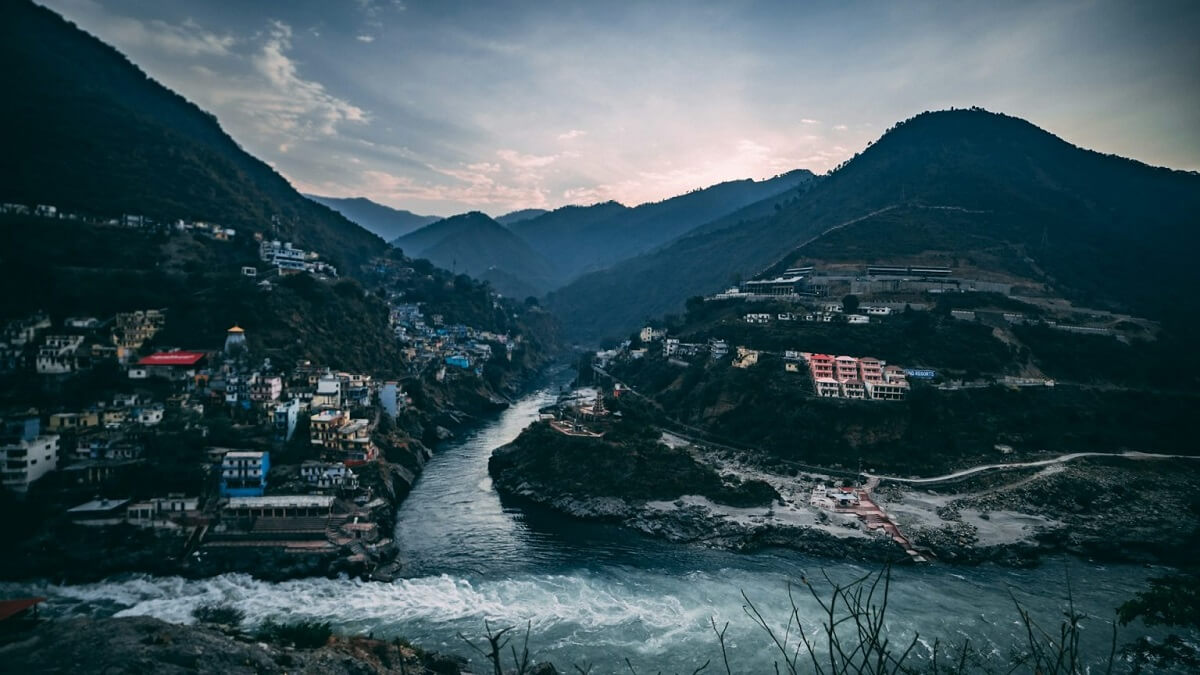India’s Water Treaty Power Play Signals Regional Shift
Aparna Divya | 12 July 2025
As India renegotiates the Ganges Water Treaty with Bangladesh following the suspension of the Indus Water Treaty, it is adopting a new posture in its water diplomacy. India appears to be charting a China-like path by treating water diplomacy as more than just a matter of hydrological technicality—seasonal flow and engineering solutions—but as an integral element of strategic statecraft.
Initially, the treaty was to be renewed without many changes before expiring in 2026. Faced with domestic pressures from the states of West Bengal and Bihar and a less friendly regime in Bangladesh after the resignation of Sheikh Hasina in August 2024, India’s approach has become more assertive and interest-driven. Water is now a tool of strategic leverage.
The suspension of the Indus Water Treaty has allowed India to change its approach to transboundary river agreements. These treaties are now prone to geopolitical realities, so India’s decision to negotiate is strategic. It may be as a response to emerging alliances in South Asia.
The negotiation is not isolated from India and Bangladesh’s bilateral relationship after Hasina’s departure. Her tenure was long anchored in personal rapport and strategic convergence. The new leadership in Dhaka seems less inclined towards New Delhi’s interests, leading to a cooling of ties. Moreover, an emerging triangular dynamic between Pakistan, Bangladesh and China has raised eyebrows in India. With Beijing’s growing economic engagement with Dhaka, and Islamabad’s efforts to restore ties with Dhaka, a change is underway in the regional landscape.
The treaty divided dry season flow between India and Bangladesh with alternating 10-day allocations of 35,000 cusecs (a flow of 35,000 cubic feet per second). India now seeks 30,000 additional cusecs to meet its regional demands. Domestic pressure is coming from states such as West Bengal and Bihar that are concerned about their water security during the dry season. They have voiced concerns about rising demands for drinking water and irrigation. In the wake of climate variability and population growth, this is a pressing issue.
Critics in Bangladesh have often accused India of withholding water during dry spells. Bangladesh reportedly didn’t receive its share in 39 of 60 critical periods between 1997 and 2016. Many believe that the treaty favours India and fails to address downstream ecological vulnerabilities, such as those facing the Sundarbans delta.
Another complication is the impasse over the Teesta River agreement. Resistance from West Bengal has prevented India from progressing the deal. This erodes trust and increases Dhaka’s worries about New Delhi prioritising domestic politics over regional cooperation.
China leverages the Brahmaputra and Mekong rivers for geopolitical influence. Now India appears to do the same. In reaction to changing South Asian regional equations and domestic political pressures, water is being used for strategic signalling. For downstream neighbours, predictability and technical coordination can change into uncertainty driven by power politics. India’s self-perception as a moral leader in the region is replaced by a more assertive and interest-driven one, as it is not willing to make room for downstream neighbours.
In recalibrating its water diplomacy, India is challenged to balance assertiveness and credibility. While an interest-driven approach can offer India strategic flexibility, it will threaten ties with downstream neighbours such as Bangladesh. As China has a considerable presence in South Asia, new alliances can make water a source of both power and instability. India must ensure that the push for leverage should not come at a cost to its long-term leadership role in South Asia. Moreover, India’s evolving posture would be closely watched by other neighbours such as Nepal and Bhutan. Whether New Delhi can use water to secure its national interests while retaining its image of a responsible regional power remains to be seen.
Aparna Divya is a PhD candidate at the School of International Relations and Public Affairs, Fudan University.
This article was originally published on The Strategist.
Views in this article are author’s own and do not necessarily reflect CGS policy.
